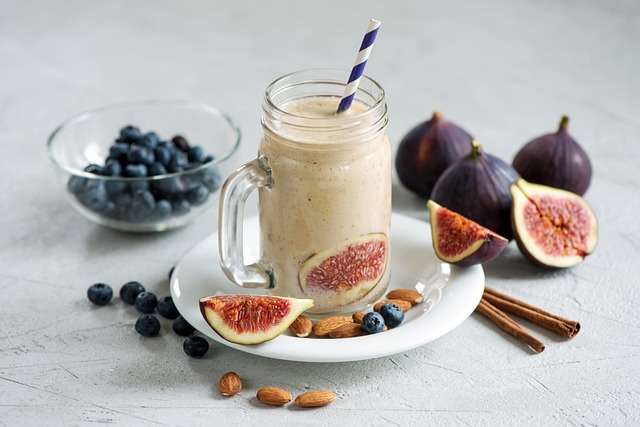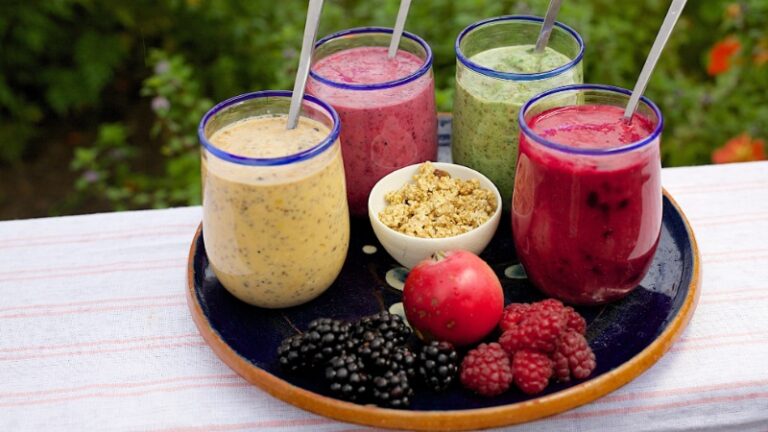In today’s fast-paced world, convenience often comes at the cost of sustainability. For those juggling careers, family, and personal obligations, preparing nutritious meals from scratch can be a challenge. This has led to the rise of meal replacement shakes as a quick and easy alternative. But as we become more conscious of our environmental impact, it’s essential to ask: are meal replacement shakes a sustainable solution for busy lifestyles?
Balancing Convenience with Sustainability
Meal replacement shakes offer undeniable convenience. With minimal preparation and a complete nutritional profile, they are ideal for people short on time. But convenience doesn’t have to mean compromising on sustainability. Many manufacturers are now focusing on reducing the environmental footprint of their products by addressing factors like packaging, ingredients, and production processes.
Environmentally Friendly Packaging
One of the main concerns with convenience products is their reliance on single-use plastic packaging. To combat this, several meal replacement shake brands have adopted sustainable packaging solutions. Options such as compostable pouches, recyclable containers, and reusable packaging are becoming more common, helping to minimize waste. For instance, some companies offer bulk packaging to reduce the amount of material used per serving.
Sustainable Ingredients
The environmental impact of food is closely tied to its ingredients. Traditional animal-based proteins often require significant resources to produce, contributing to deforestation, water use, and greenhouse gas emissions. In contrast, many meal replacement shakes use plant-based proteins like pea, soy, or rice, which have a much lower environmental footprint. By opting for sustainably sourced, plant-based ingredients, these products can support eco-friendly practices while meeting nutritional needs.
Additionally, some brands prioritize sourcing ingredients from local farmers to reduce the carbon footprint associated with transportation. Others use certified organic or regenerative agriculture practices, which promote soil health and biodiversity.
Promoting Mindful Consumption
Meal replacement shakes not only save time but also encourage mindful consumption. They are pre-portioned, reducing the risk of overeating and food waste—a major contributor to environmental degradation. According to the Food and Agriculture Organization (FAO), about one-third of all food produced globally is wasted. By providing just the right amount of nutrition per serving, meal replacement shakes can help tackle this issue.
Nutritional Awareness
Another aspect of mindful consumption is being aware of what we put into our bodies. Meal replacement shakes are designed to provide a balanced mix of macronutrients (proteins, carbohydrates, and fats) and essential vitamins and minerals. This makes it easier for consumers to meet their dietary needs without relying on less healthy fast food options, which often come with excessive packaging and waste.
Reducing Food Waste
For individuals with busy schedules, it’s common to over-purchase fresh ingredients, only to throw them away when they spoil. Meal replacement shakes offer a shelf-stable alternative, reducing the likelihood of food waste. Many shakes come with a long shelf life, ensuring they remain a reliable option even during hectic periods.
Challenges and Opportunities
While meal replacement shakes have many benefits, there are challenges to consider. For example, not all brands prioritize sustainability, and some rely on heavily processed ingredients or unsustainable production methods. It’s crucial for consumers to research and choose products that align with their values.
Additionally, the reliance on imported ingredients in some products can offset their environmental benefits. To address this, companies can focus on local sourcing and transparency in their supply chains. Consumers, too, can support these efforts by opting for brands that prioritize sustainability.
The Future of Meal Replacement Shakes and Sustainability
As demand for sustainable products grows, the meal replacement shake industry has significant opportunities to innovate. Some potential advancements include:
Zero-Waste Production
By leveraging advanced manufacturing techniques, companies can aim for zero-waste production processes. This involves minimizing resource use and reusing by-products to create a circular economy.
Lab-Grown Ingredients
Lab-grown proteins and other ingredients are on the horizon and could revolutionize the meal replacement shake industry. These innovations have the potential to drastically reduce resource use while maintaining high nutritional quality.
Carbon-Neutral Products
Many companies are now aiming for carbon neutrality by offsetting emissions through renewable energy, reforestation, and other initiatives. Carbon-neutral meal replacement shakes would appeal to environmentally conscious consumers looking for sustainable solutions.
Conclusion
Meal replacement shakes have emerged as a practical solution for busy lifestyles, offering convenience without sacrificing nutrition. When produced and consumed mindfully, they can also contribute to a more sustainable future. By choosing products with sustainable packaging, responsibly sourced ingredients, and transparent practices, consumers can enjoy the benefits of meal replacement shakes while supporting environmental conservation.
As the industry continues to innovate, meal replacement shakes have the potential to become an even more sustainable option, proving that convenience and sustainability don’t have to be mutually exclusive. For those seeking a balance between their hectic schedules and their commitment to the planet, meal replacement shakes could be an essential part of the solution.




